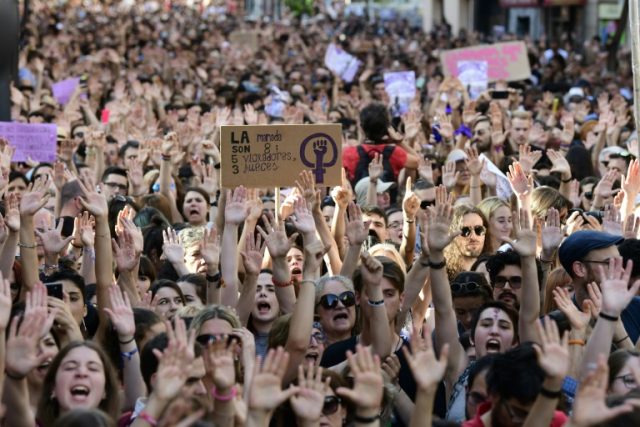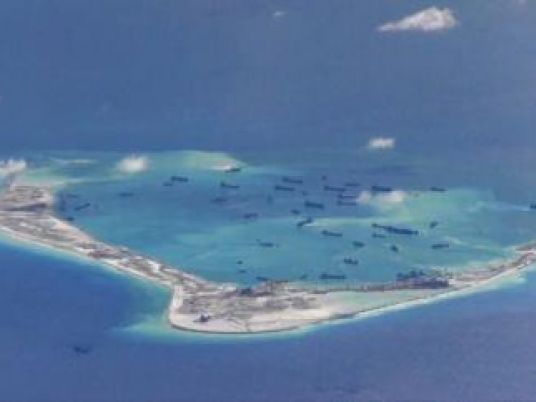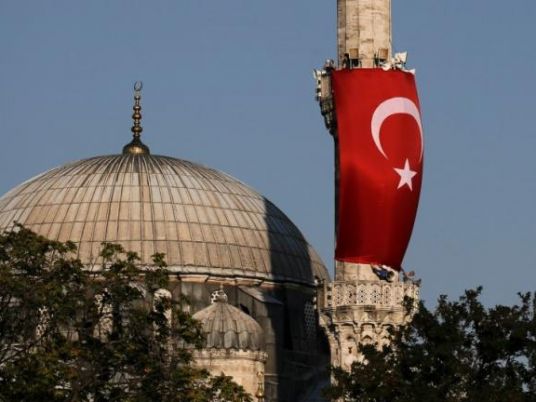
An Egyptian appeals court revoked on Tuesday five-year prison sentences handed down earlier this month to 47 defendants for “inciting protests” against the president’s decision to transfer two islands to Saudi control.
A maritime border demarcation agreement stirred up controversy in Egypt when it was signed in April between Egypt and Saudi Arabia, with critics accusing President Abdel Fattah al-Sisi for “selling Egypt’s land” in return for Saudi aid. The agreement stipulates that the two strategic Red Sea islands of Tiran and Sanafir fall within Saudi control.
The agreement, which has yet to be ratified in the Egyptian parliament, also prompted thousands of Egyptians to take to the streets in rare protests on April 15 and April 25, amid a police campaign of mass arrests of activists opposed to the islands’ transfer.
The protesters defied a protest law issued in 2013 and widely criticised by Egyptian and international human rights groups, because it requires assembly organisers to notify security sources of their plans in advance, granting the interior ministry the right to cancel protests. The law sets prison sentences ranging between two and five years for those who violate it.
On May 14, the Dokki Misdemeanour Court sentenced 101 persons to five years in prison on a string of charges including inciting protests and inciting the use of force to overthrow the government. Forty-seven appealed the sentence and announced on Saturday they had gone on an open-ended hunger strike in protest against the sentence.
But the court on Tuesday ordered their release on a bail of 100,000 Egyptian pounds (around US$11,259) each.
Another 51 protesters were sentenced by another court, the Qasr al-Nil Court, to two years in prison, also over the April 25 protests. The Qasr al-Nil appeals court set June 4 to look into appeals put forth by 33 of them.
President Sisi had defended his decision to cede control over the two islands, saying in televised speech in April that "Egypt does not sell its land to anyone and it does not take anyone's land."
The cabinet also argued in an April statement that the islands are Saudi, adding that Saudi Arabia requested Egypt to protect them in 1950 and they had been under Egypt's control since.




